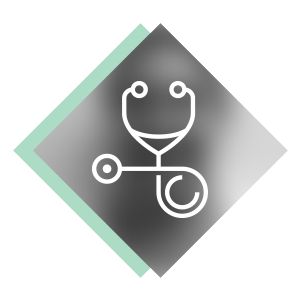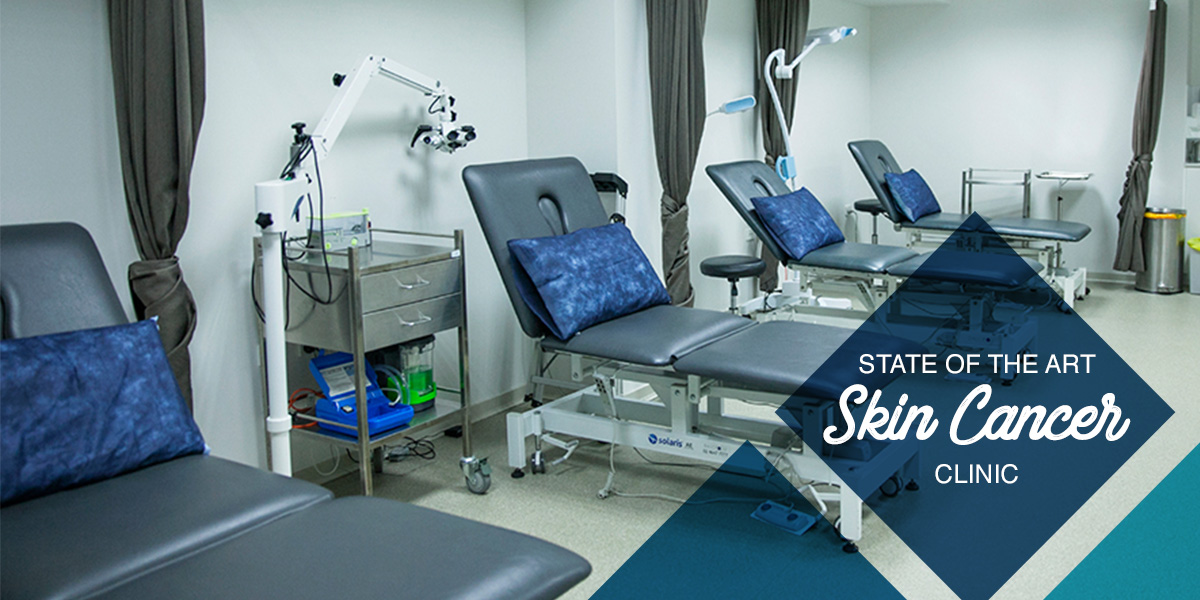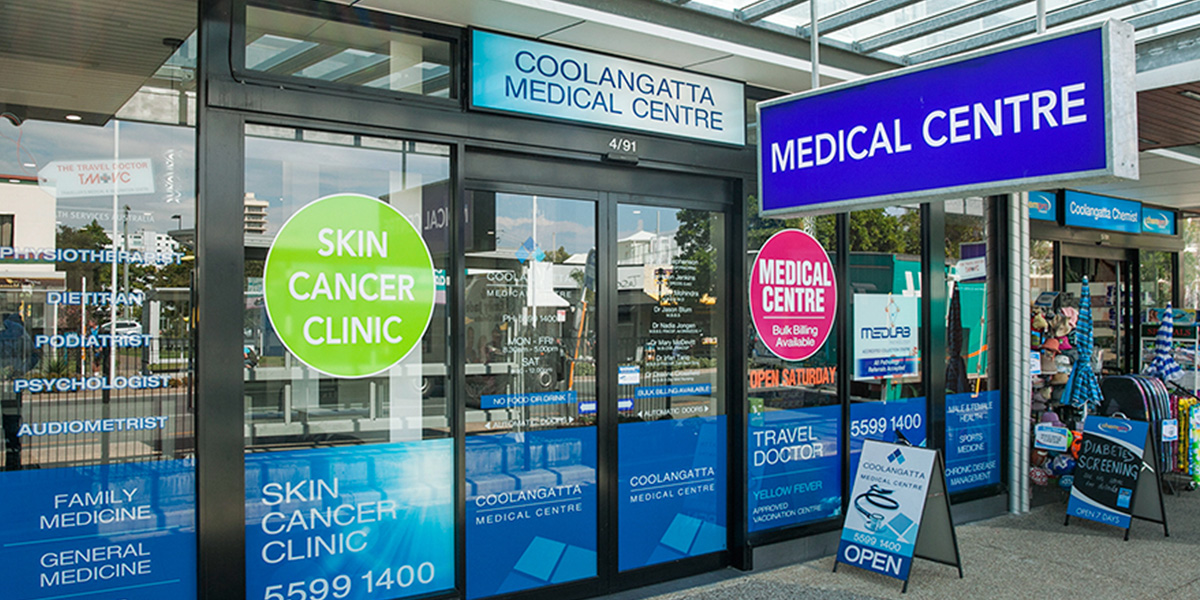Accessible Chinkenpox Vaccine: Services Available in Queensland, Australia
Chickenpox Vaccine
Chickenpox vaccines stand as formidable shields against the highly contagious viral infection, varicella-zoster virus. By providing immunity, vaccines not only safeguard people from the acute discomfort of the illness but also help prevent the spread of the virus within communities. This protection is essential for those who may be susceptible to severe symptoms, such as infants, elderly people, and individuals with compromised immune systems.
Coolangatta Medical Centre understands its role in promoting community-wide chickenpox protection and implementing evidence-based chickenpox prevention to foster well-being. With our commitment to preventive healthcare, we stand as a reliable partner in ensuring that individuals receive timely, safe, and chickenpox immunisation services. At our Coolangatta immunisation clinics, we strive that individuals of all ages have access to the necessary vaccinations for protection against preventable diseases.
What is Chickenpox
The Department of Health and Aged Care defines chickenpox as a highly contagious infection caused by the varicella-zoster virus. It causes an itchy, blister-like rash that initially appears on the chest, back, and face, and then spreads over the entire body.
Individuals who lack immunity are at risk of contracting the virus through cough droplets that travel in the air or through direct contact with the blisters from an infected person. It takes 10 to 21 days after exposure to the virus for someone to develop varicella.
Book Appointment
or
Call (07) 5599 1400
More About Us!
Clinic Hours:
- Monday – Friday 8:30am – 5pm
- Saturday 8:30am – 2.30pm
- Sunday 9:00am – 12.00pm
- Public Holidays – Please call the centre for more information.
Email us: office@coolmedical.com.au
Find us at 91 Griffith Street, Coolangatta, QLD
Book an Appointment With Us
For any inquiries about our chickenpox vaccine coverage, reach out to us at Or Call (07) 5599 1400
The Impact of Chickenpox
Chickenpox can affect anyone at any age, although it is more common in children. Adults, babies, pregnant women, and people with weakened immune systems usually develop a more severe illness upon contracting the virus, which can take longer to get better.
The most common symptoms of chickenpox include:
- Itchy red rashes
- Fever
- Headache
- Runny rose
- Sore throat
Some people, however, can develop serious complications such as:
- Cellulitis (infection and inflammation of the skin)
- Pneumonia (infection and inflammation of the lungs)
- Hepatitis (inflammation of the liver)
- Encephalitis (inflammation of the brain)
The best way to prevent chickenpox is by getting the chickenpox vaccine, which provides robust immunity against the virus. By receiving the vaccine, individuals could protect themselves and also contribute to the broader concept of herd immunity. This collective immunity is crucial for safeguarding vulnerable populations, such as infants, pregnant women, and immunocompromised individuals who are at higher risk of severe complications.
____
Vaccination
Recommended Vaccination Schedules
Children aged 12 months to <14 years are recommended to receive 2 doses of varicella-containing vaccine
- All children <14 years of age are recommended to receive 2 doses of varicella-containing vaccine, with the first dose given at 18 months of age. Children should receive this dose as MMRV vaccine. See Measles.
- Children can receive varicella-containing vaccine from as young as 12 months of age. This can provide earlier protection against varicella, which may be appropriate in the context of travel or a varicella outbreak or childcare, or other circumstances of increased risk of transmission. A dose of varicella-containing vaccine given between 12 and 18 months of age does not need to be repeated at 18 months of age, but there is no safety concern if the child still receives the dose scheduled at 18 months of age.
- One dose of varicella containing vaccine (MMRV) is funded through the NIP for children at 18 months of age. For details see the National Immunisation Program Schedule.
A 2nd dose of varicella-containing vaccine is recommended
- A 2nd dose of varicella-containing vaccine is recommended
- Children 12 months to <14 years of age are recommended to receive a second dose of varicella vaccine ≥4 weeks after the first dose. 2 doses of varicella-containing vaccine provide more protection and minimise the chance of breakthrough varicella in children <14 years of age (see Monovalent varicella vaccine).1 However, a 2nd dose of varicella-containing vaccine for children is not included on the National Immunisation Program schedule
- If parents or carers wish to minimise the risk of breakthrough varicella in children <14 years of age, a 2nd dose of varicella-containing vaccine is recommended (see Vaccines, dosage and administration).
Adolescents Aged ≥14 Years And Adults
- The varicella vaccine is recommended for all non-immune adolescents aged 14 years as well as adults.
- Adolescents (≥14 years) and adults require two doses of varicella vaccine for adequate protection, administered at least 4 weeks apart, with a longer interval being acceptable.
- MMRV vaccines are not recommended for individuals aged 14 years and older due to insufficient data on safety, immunogenicity, or efficacy in this age group.
____
Why Choose Coolangatta Medical Centre
Coolangatta Medical Centre has a team of experienced and qualified medical professionals who specialise in preventive healthcare, including accessible chickenpox vaccination in Coolangatta. With flexible scheduling options, you can easily book appointments with us for your chickenpox vaccinations at a time that suits your schedule. Our medical clinic is also equipped with modern facilities and adheres to the highest standards of healthcare, helping ensure vaccine safety and efficacy for every individual.
____
Our Chickenpox Vaccine Costs
Coolangatta Medical Centre has a team of experienced and qualified medical professionals who specialise in preventive healthcare, including accessible chickenpox vaccination in Coolangatta. With flexible scheduling options, you can easily book appointments with us for your chickenpox vaccinations at a time that suits your schedule. Our medical clinic is also equipped with modern facilities and adheres to the highest standards of healthcare, helping ensure vaccine safety and efficacy for every individual.
____
The Team of GP Doctors
Take an active role in your health and let our team of doctors, dieticians, and nurses at Coolangatta Health Clinics help you achieve optimal health and varicella infection prevention
Areas We Serve
Coolangatta Medical Centre services many local communities on the Gold Coast as well as Northern NSW. If you live in or nearby the following suburbs, Coolangatta Medical Centre is easily visited from the location:
- Tweed Heads
- Tweed Heads South
- Tweed Heads West
- Bilinga
- Cobaki Lakes
- Tugun
Book an Appointment With Us
- Full payment is required on the day of the appointment and will be charged using the credit/debit card token provided during booking.
- Medicare rebate is processed by our administration team on your behalf, which will be credited back to your nominated Medicare account within 24 to 48 hours.
- Out-of-pocket fee represents the remaining amount you will be responsible for after Medicare processes the rebate. This fee is the difference between the total cost and the Medicare rebate.
If you have any inquiries about our chickenpox vaccine coverage, reach out to us at (07) 5599 1400.
Other Medical Services We Offer:
Apart from providing chicken pox vaccine in Australia, Coolangatta Medical Centre offers a spectrum of specialised services designed to ensure your holistic wellness. From preventive care to advanced diagnostics, our commitment to your health knows no bounds.
- Travel Vaccination
- Integrated Health Care
- Health Checks for All
- Meningitis Vaccine
- Iron Fusion
- Drug Testing
See more of our medical services here.
Frequently Asked Questions
(Common Questions in Chicken Pox & Vaccinations)
Are there any risks to chickenpox vaccination?
- While the chickenpox vaccine is generally safe and effective, like any other medicine, it can also have side effects. The most common side effects are usually mild and go away on their own, while severe allergic reactions following vaccination are rare cases. 5 The benefits of varicella vaccination may outweigh the risk of severe infections from wild-type chickenpox infection, especially for people who are at increased risk. 6
How does chickenpox spread?
- Chickenpox easily spreads to those who have not been vaccinated or infected. One person infected with the virus may spread the disease to 90% of those nearby who lack immunity.
What are the advisable chicken pox treatments?
- It is recommended to use calamine lotion and take cool baths with baking soda or oatmeal to alleviate symptoms and prevent skin infections. It is also best to keep fingernails short to minimise scratching. Avoid using aspirin for fever relief, especially in children, to prevent the risk of Reye's syndrome. Instead, opt for non-aspirin medications like acetaminophen.
When should you call your doctor?
For people exposed to chickenpox, call your healthcare provider if the person:
- Has never had chickenpox and is not vaccinated
- Is pregnant
- Is at risk of serious complications, e.g., children less than one year old, adolescents older than 12 years of age, individuals who are pregnant or have a weakened immune system
- Develops any of the following symptoms:
-
- Fever that lasts more than 4 days
- Potential signs of bacterial infection, such as any part of the body becoming very red, warm, or tender, or beginning to leak pus (thick, discoloured fluid)
- Difficulty walking
- Frequent vomiting
- Difficulty breathing
- Severe cough
- Rash with bleeding or bruising
Is chickenpox preventable?
- The most effective means of preventing chickenpox is through the chickenpox vaccine. It is recommended that everyone, including children, adolescents, and adults, receive two doses of the chickenpox vaccine if they have not previously had the infection or were not vaccinated.
Can you get chickenpox more than once?
- While most individuals develop lifelong immunity after getting chickenpox once, it is possible to contract the infection more than once. However, this is not a common occurrence. 4
Can you still get chickenpox even if you're already vaccinated?
- In a few cases, people who have been vaccinated against chickenpox can still get the disease. However, these cases usually have milder symptoms with fewer or no blisters as well as mild or no fever. They also tend to recover for a shorter period than people who are not vaccinated. 3
Can you still have the chickenpox vaccine after exposure?
- Immunize.org recommends individuals who have never had chickenpox promptly receive the vaccine upon exposure to a person infected with the virus. Evidence suggests that administering the vaccine within 3 to 5 days after exposure may either prevent illness or reduce the severity of the disease.
How long is the effectiveness of the chickenpox vaccine?
- Multiple studies have shown that people vaccinated against varicella had antibodies for at least 10 to 20 years after vaccination. In a separate clinical trial, children who received 2 doses of the vaccine remained protected 10 years after the vaccination. It is important to note, however, that two doses of varicella vaccine are assessed to be necessary to add improved protection, with a pooled estimate of 92% efficacy.


 Dr Mary McDevitt
Dr Mary McDevitt Dr Kerrie Davis
Dr Kerrie Davis Dr Michaelia Verbeek
Dr Michaelia Verbeek Dr Russell O’Brien
Dr Russell O’Brien
